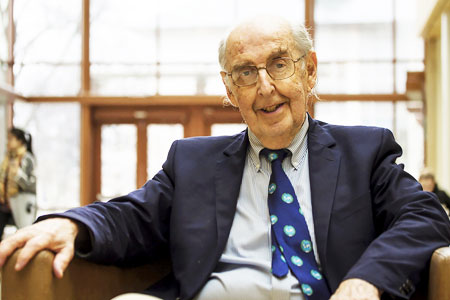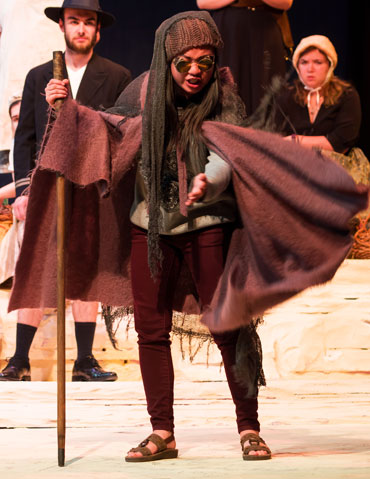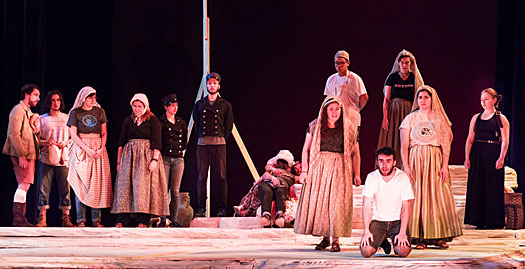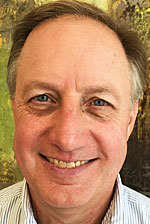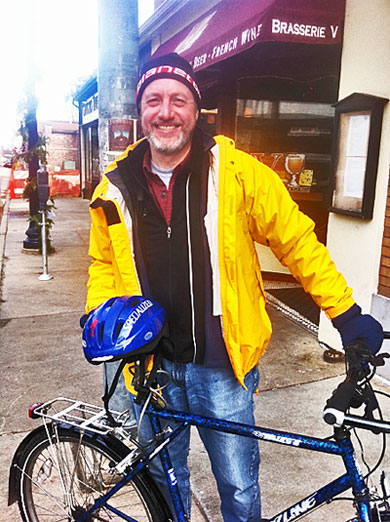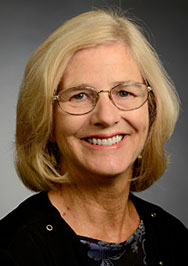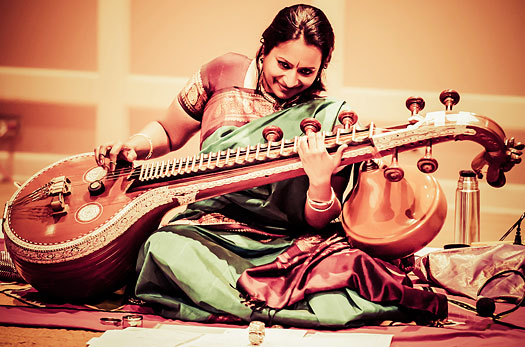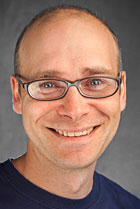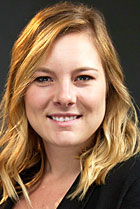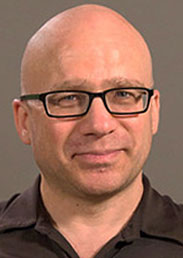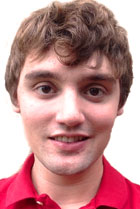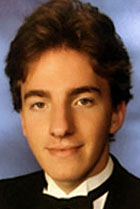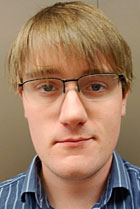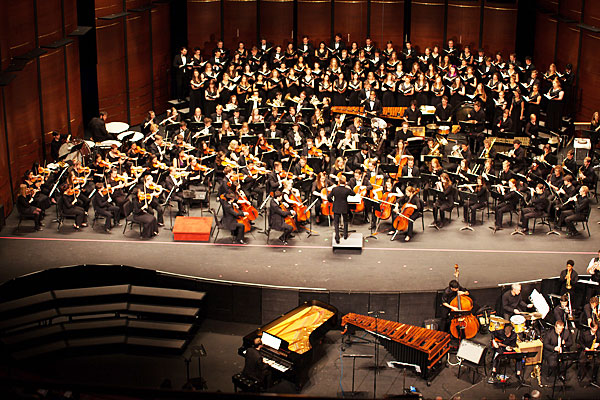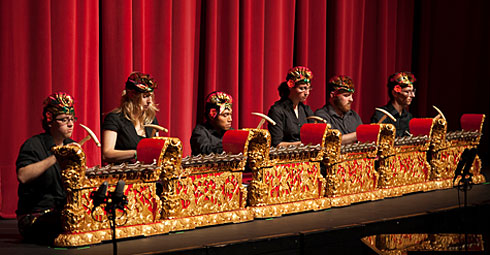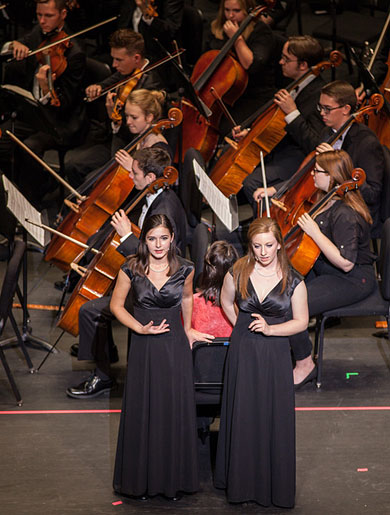Acclaimed singer-songwriter Lizz Wright and the immersive trio Storms/Nocturnes headline Lawrence University’s 37th annual salute to all things jazz.

Wright opens the two-concert weekend Friday, Nov. 3 at 7:30 p.m. while Storms/Nocturnes shares the stage with Lawrence’s own 18-member jazz ensemble Saturday, Nov. 4 at 7:30 p.m. to close the Fred Sturm Jazz Celebration Weekend. Both concerts are in the Lawrence Memorial Chapel.
Tickets, at $30/$25 for adults, $25/$20 for seniors and $20/$18 for students are available through the Lawrence Box Office, 920-832-6749.
Wright, who NPR describes as “a sophisticated straddler of down-home blues, jazz, gospel, folk, southern pop and confessional singer-songwriter traditions,” will feature her latest studio album “Grace,” which was released in September. The album is an unadulterated reflection of Wright’s sense of place and belonging that’s deeply woven into the cultural fabric of America.
An invitation to openly contemplate our humanity, “Grace” is Wright’s proclamation to unearth our fundamental kindness and generosity. She uses it as vocal rite of passage, tracing the landscape between her native central and south Georgia and the Blue Ridge Mountains of Asheville, N.C., where she currently makes her home.
“Grace” showcases the warm and weathered colors of Wright’s voice. Leaning into curated classics and contemporary covers, she pierces form with gentle and unfettered individuality.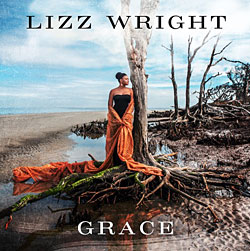
“Lizz Wright is one of the most captivating vocalists in the jazz world today” said Patty Darling, director of the Lawrence University Jazz Ensemble and instructor of music. “With her powerful voice, she blends elements of gospel, blues, jazz, folk and pop music to create songs that inspire and connect her audiences.”
Storms/Nocturnes, a trio of international jazz giants — British saxophone legend Tim Garland, world-leading vibraphone virtuoso Joe Locke and Grammy Award-nominee pianist Geoffrey Keezer — create a unique three-way dialogue of captivating, immersive music. Melding their distinct styles and backgrounds, they create music that can be spacious or immensely complex, delicate but almost orchestral in depth. They collectively find their way into a new mood or feel before the listener realizes they have left the old one.
“Lizz Wright is one of the most captivating vocalists in the jazz world today.”
— Patty Darling, director of the Lawrence University Jazz Ensemble
Garland was voted “Musician of the Year” in 2006 by the Cross-Parliamentary Jazz Society. He has received commissions from the London Symphony Orchestra, the BBC Concert Orchestra and the Westminster Abbey Choir, as well as numerous small and large jazz-based ensembles.
He earned a 2009 Grammy Award for helping create “The New Crystal Silence,” which celebrated the long partnership between jazz legends Chick Corea and Gary Burton.
Locke, a vibraphonist renowned for stunning physical power and broad emotional range, has topped music polls and won multiple awards, including Earshot Golden Ear Awards for “Concert of the Year” and 2016 “Mallet Player of the Year” from the Jazz Journalists Association.
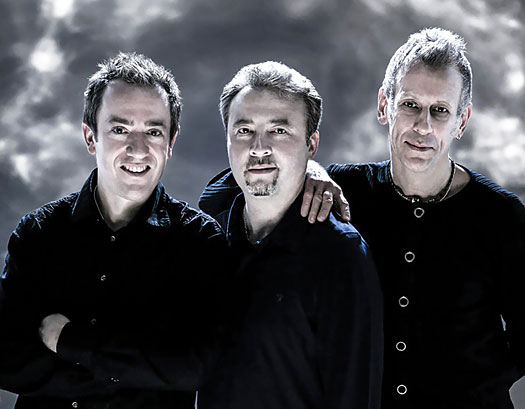
London’s Royal Academy of Music appointed Locke Visiting International Vibraphone Consultant in 2008 and last year he was honored by his hometown of Rochester, N.Y., with induction into the city’s Music Hall of Fame.
Keezer, an Eau Claire native and two-time Grammy Award nominee, began playing jazz clubs as a teenager and was touring the country in his 20s with such jazz luminaries as Joshua Redman and Benny Golson.
__________________________________________
They are incredible performers and composers who are so tight in their bonds with each other. Their musical energy, passion and communication must be experienced.”
— Patty Darling on Storms/Nocturnes
__________________________________________
His intellectually abstract lyricism woven over exotically complex rhythms and harmonies makes him one of the most sought-after artists on the modern jazz scene.
Keezer has performed on projects ranging from solo to duo to quartet, from bandleader to big band, from post-bop jazz to electronica to global fusion. His 2009 CD “Áurea” earned a Best Latin Jazz album Grammy nomination. He teamed with Garland and Locke on the album “Via” in 2011 while he released his latest solo piano disk, “Heart of the Piano” in 2013.
Darling is excited about having LUJE join the talented trio on stage.
“They are incredible performers and composers who are so tight in their bonds with each other,” said Darling. “Their musical energy, passion and communication must be experienced. It will be a huge thrill for our students to perform with them.”
In addition to the two evening concerts, Fred Sturm Jazz Celebration Weekend features a series of free performances and clinics by Lawrence combos, big bands, jazz faculty and high school bands, with more than 700 high school and middle school students participating throughout the day on Saturday. A complete schedule can be found here.
Lawrence’s annual Jazz Celebration Weekend was renamed two years ago in honor of long-time music professor Fred Sturm, its founder and mentor who passed away in 2014.
About Lawrence University
Founded in 1847, Lawrence University uniquely integrates a college of liberal arts and sciences with a nationally recognized conservatory of music, both devoted exclusively to undergraduate education. It was selected for inclusion in the book “Colleges That Change Lives: 40 Schools That Will Change the Way You Think About College.” Engaged learning, the development of multiple interests and community outreach are central to the Lawrence experience. Lawrence draws its 1,500 students from nearly every state and more than 50 countries.
